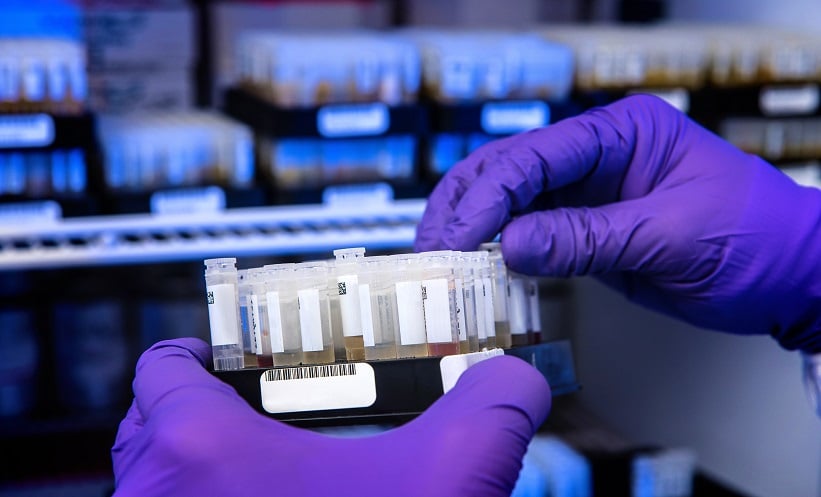NEW variants of COVID-19 have emerged across the globe resulting in concern of further deaths, hospitalisations, and continual lockdowns. The presence of new variants such as the threatening Delta variant, first found in India, emphasises the importance of improving COVID-19 tests to help prevent the spread of the deadly virus.
Recently, scientists have explored ways to streamline the COVID-19 testing process to make it faster and more efficient. Currently, standard COVID-19 tests use quantitative reverse transcription PCR to amplify severe acute respiratory syndrome coronavirus 2 RNA to measurable amounts. Firstly, the individual takes a nasal or saliva sample, and scientists extract RNA from this sample for testing. One major obstacle in this process is the high demand for RNA extraction kits, which the manufacturers have struggled to deliver worldwide.
Researchers from the National Institutes of Health (NIH) aimed to improve the current COVID-19 test and developed a new technique that avoided the RNA extraction step altogether. The team used a chelating agent to preserve RNA in nasopharyngeal and saliva samples and studied whether RNA could be measured directly from the sample without the need for RNA extraction.
Results showed that not only was this method effective at directly detecting RNA levels, but this new technique involving the chelating agent caused the virus to become inactive and consequently safer for scientists to handle in the lab. In addition, the new method stabilises the RNA at room temperature improving transportation and storage of samples.
To confirm the results, scientists stored patient samples in either viral transport media or the chelating agent. RNA was measured in viral transport media using the standard test. However, in the chelating agent, RNA was measured by heating the sample and directly measuring the RNA using reverse transcription PCR. Interestingly, the novel technique significantly increased the quantity of RNA available for testing compared to the standard test.
The scientists concluded that this newly developed COVID-19 test would reduce testing time, improve costs, and increase sensitivity. All of which would help improve the overall testing process and help with the battle against the infectious virus and its equally fatal variants.








